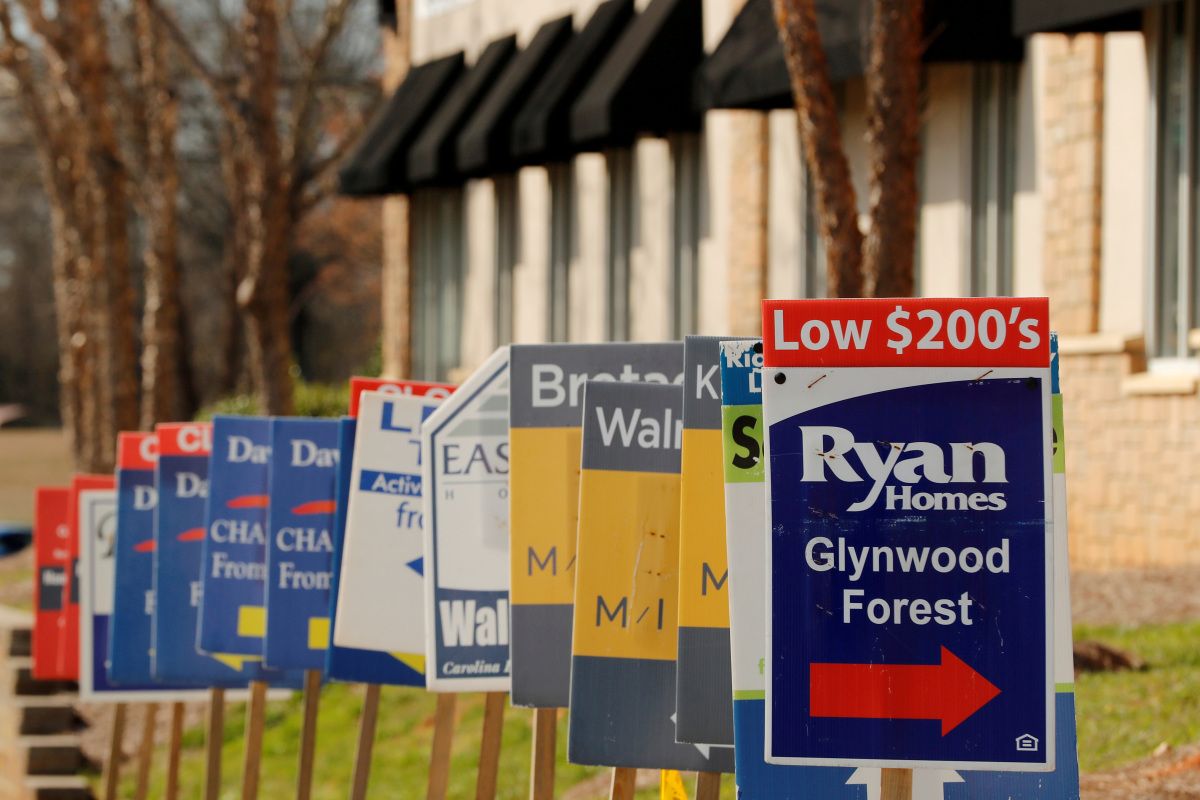As the economic landscape continues to evolve, UK homeowners find themselves on the cusp of a financial challenge, with a staggering £19 billion increase in mortgage costs looming on the horizon.
Approximately 1.5 million households are anticipated to encounter a significant rise in their expenditures this year, compounded by the impacts of inflation and tax hikes, which are further eroding spending power.
The cause of this financial strain is the expiration of fixed-rate mortgage deals, leaving many individuals to navigate an uncertain future in the housing market.
Over the past few years, fixed-rate mortgages have been a popular choice among homeowners seeking stability and predictability in their monthly payments.
These deals provide a set interest rate for a specified period, shielding borrowers from fluctuations in the Bank of England’s base rate.
However, as these fixed-rate terms come to an end, thousands of homeowners across the UK are bracing themselves for a substantial surge in mortgage costs.
Despite a recent intensification of the price war among lenders, who have been slashing the costs associated with remortgaging, economists from the US investment bank Goldman Sachs have warned that numerous UK households are still poised to experience a substantial surge in repayments compared to the terms they are leaving behind.
The Bank of England has also decided to hold interest rates at historically low levels in response to the economic challenges posed by the COVID-19 pandemic.
This has contributed to the popularity of fixed-rate deals in recent years. However, as the economy recovers and inflationary pressures mount, there is a growing consensus among financial analysts that interest rates may see an upward trajectory in the foreseeable future.
Termed a “Tory mortgage timebomb” by critics of Rishi Sunak, up to 1.5 million households are projected to conclude more affordable mortgage deals in 2024.
According to the Resolution Foundation think tank, this could translate to an annual housing cost increase of approximately £1,800 for the typical family, marking the most significant financial challenge for households in the postwar era.
As fixed-rate deals expire, households grapple with the most considerable strain on their finances in the postwar age. In the backdrop of inflation and tax hikes curbing spending power, borrowers are adopting various strategies to navigate the escalating costs.
These measures include renting out rooms in their homes, tapping into pensions prematurely, and, in some cases, even delaying family planning decisions.
Torsten Bell, the chief executive of the Resolution Foundation, said: “Bear this in mind when you read news stories saying ‘homeowners will benefit from a fall in mortgage rates’ – what they mean is that the increase in people’s mortgage bills won’t be as painful as they would otherwise have been.
“I’d gently suggest they won’t feel like they are ‘benefiting’ as their mortgage bill rises by hundreds of pounds a month.”
Industry experts advise homeowners to proactively assess their financial situation and explore available options before their fixed-rate deals expire.
Financial institutions and mortgage lenders are anticipating a surge in demand for remortgage services as homeowners seek to mitigate the impending rise in costs.
As a result, competitive deals and offers may be available, making it crucial for borrowers to carefully evaluate their options and consult with financial advisors to make informed decisions aligned with their financial goals.
The government is poised to capitalise on the potential impact of a pricing war, aimed at reducing the costs associated with remortgaging, as the Conservative Party endeavours to reverse a substantial lead held by the Labour Party in the polls ahead of the upcoming general election.
Providing a glimpse into a more relaxed atmosphere in the mortgage market, recent figures from the Bank revealed a consecutive monthly increase in new home loan approvals.
In November, the number rose to 50,100, up from 47,900 in October, indicating a shift in the dynamics of the mortgage landscape.
A spokesperson from the Treasury expressed optimism about the UK economy, noting that it is “turning a corner” following a halving of inflation.
Additionally, the spokesperson highlighted the government’s commitment to supporting households with a projected benefit of £3,700 between 2022 and 2025.
They emphasised that the mortgage charter is designed to facilitate easier management of monthly repayments and provides additional safeguards against repossessions.
As fixed-rate deals approach expiration, the need for strategic financial planning, consideration of remortgaging options, and collaboration with financial experts becomes paramount in safeguarding the financial well-being of households across the nation.







